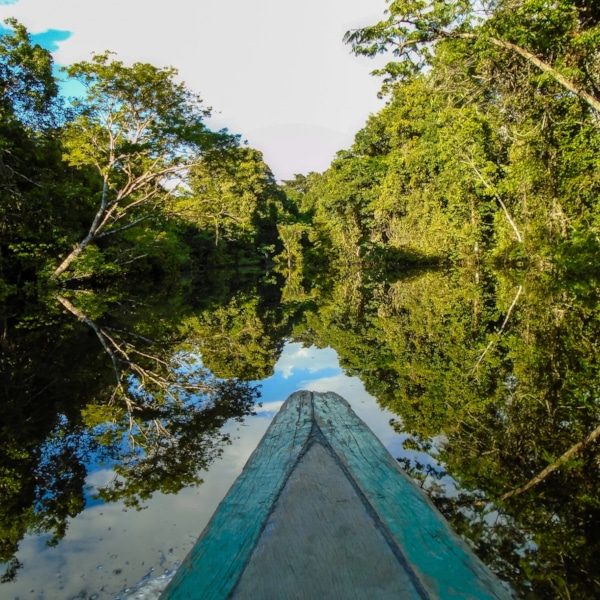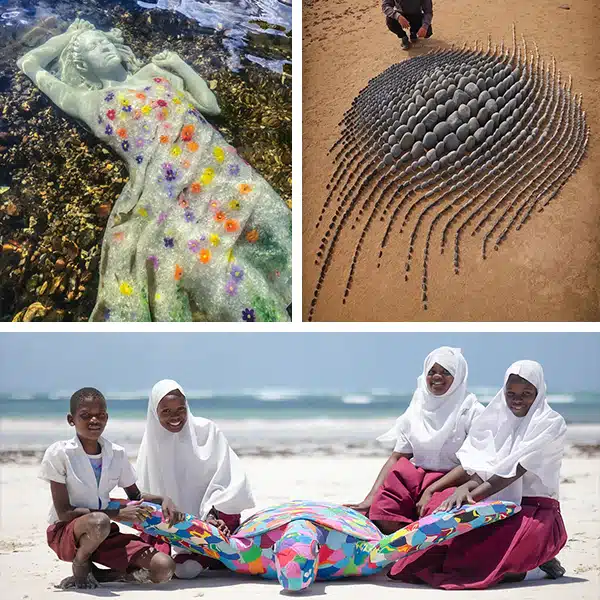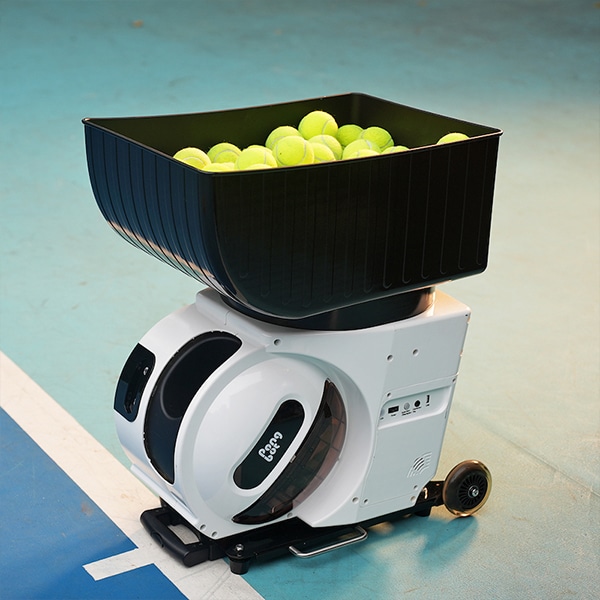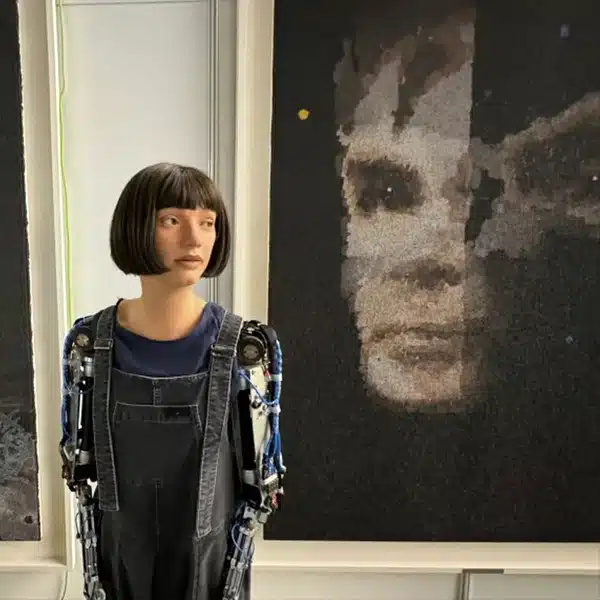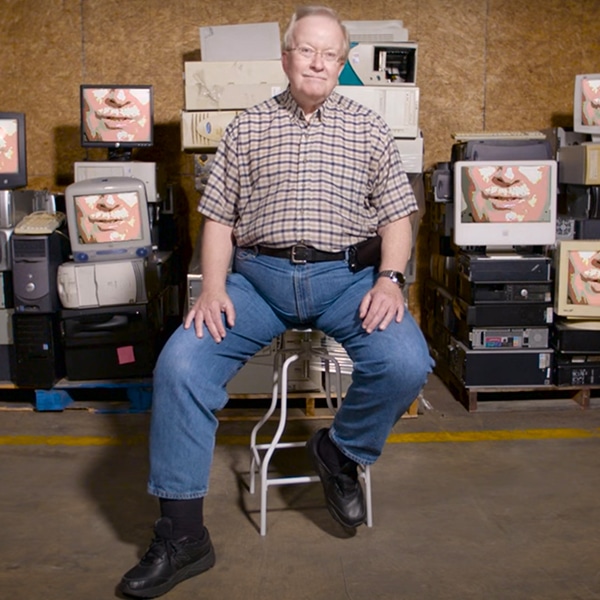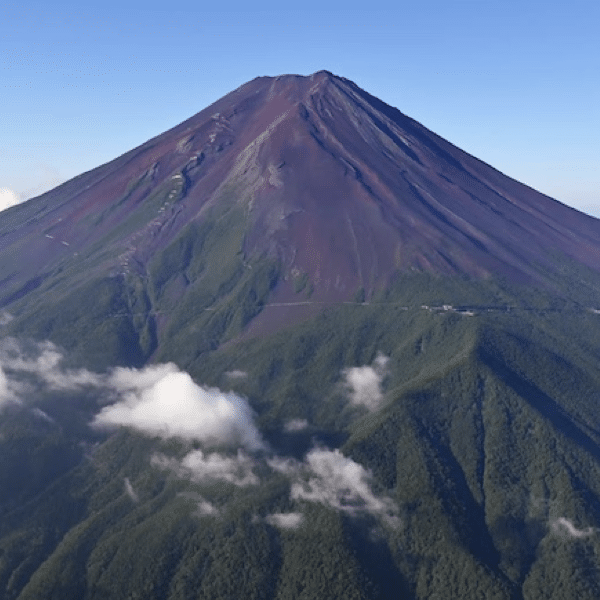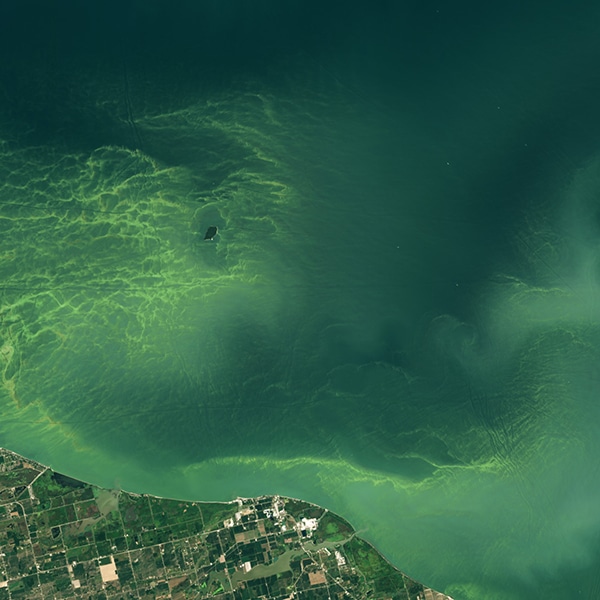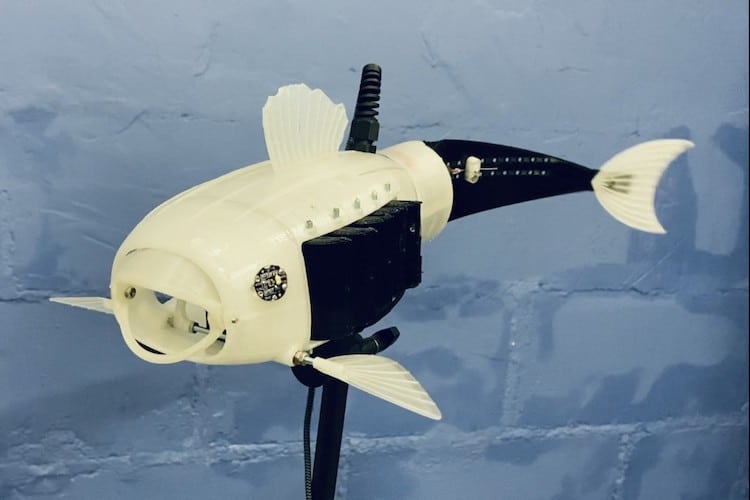
The presence of microplastics in bodies of water is an alarming issue. These small pieces of plastic, the size of sesame seeds or smaller, present real risks to both humans and animals. But thanks to an ingenious design by student Eleanor Mackintosh, eliminating microplastics from water just got a bit easier. Her 3D robot fish named Gillbert, which sucks up these small plastics, won her the University of Surrey’s Natural Robotics Contest.
The contest, created by university lecturer Dr. Robert Siddall, asked students to submit ideas for robots inspired by animals. The only other requirement was that the robots needed to do something to help the planet. The winning entry would then be brought to life by the university. In the case of Mackintosh, this meant that Gillbert was transformed from an idea on paper into a 3D-printed prototype. The fish is about the size of a salmon and has a set of mesh-lined gills that filters water. A container holds the microplastics inside while it swims about. Once Gillbert is removed, the microplastics can be recycled.
In the spirit of openness, Gillbert’s design is open source, so anyone can create their own plastic-filtering fish using a 3D printer. For their part, the contest’s team of researchers is happy with the initial prototype and is thinking about ways they can improve the design. This includes making the fish swim faster by optimizing its tails and fins and transforming it into a remote-controlled device so it could run autonomously.
In the meantime, they’ll be using Gillbert together with other robots to clean the water of nearby lakes. Those plastics are then brought back to the university’s lab for testing in an ongoing effort to keep the water clean.
Other outstanding entries to this year’s contest include an eagle robot that would survey terrain for illegal logging, a hermit-crab space rover, and a mosquito that helps draw blood from patients.
If you are interested in seeing your robot turned into a reality, the contest will run in 2023 and people are encouraged to sign up on the website to be informed of when they’ll start taking entries.
The Natural Robotics Contest asked people to submit a design for a robot inspired by an animal that would help the planet.
Student Eleanor Mackintosh won for her 3D-printed Robo-fish that filters microplastics.
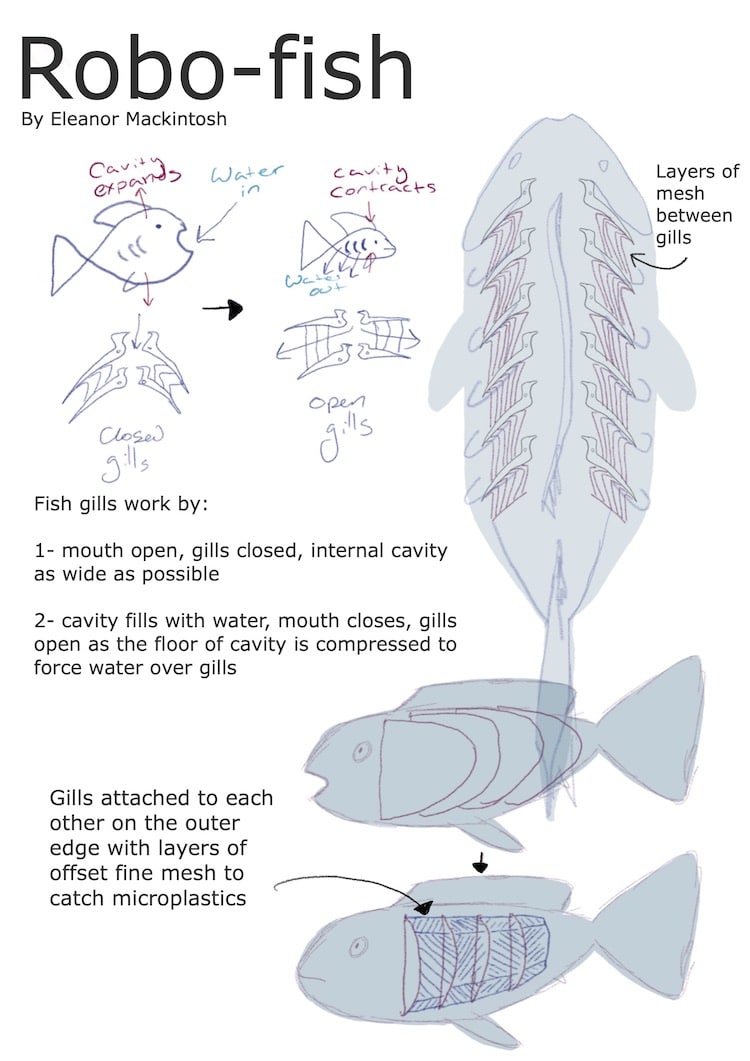
Her robot fish, which is nicknamed Gillbert, was then brought to life by researchers at the University of Surrey.
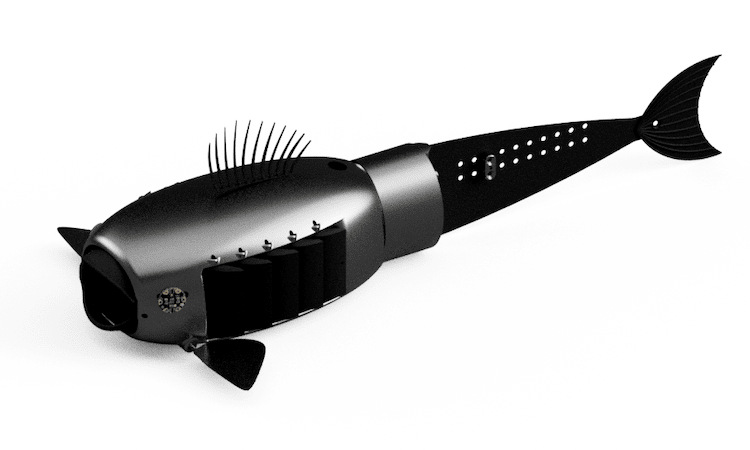
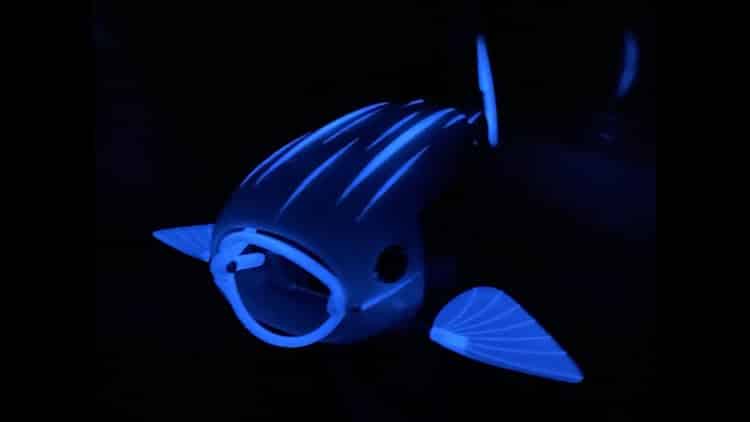
The prototype works and will be used to clean local lakes.
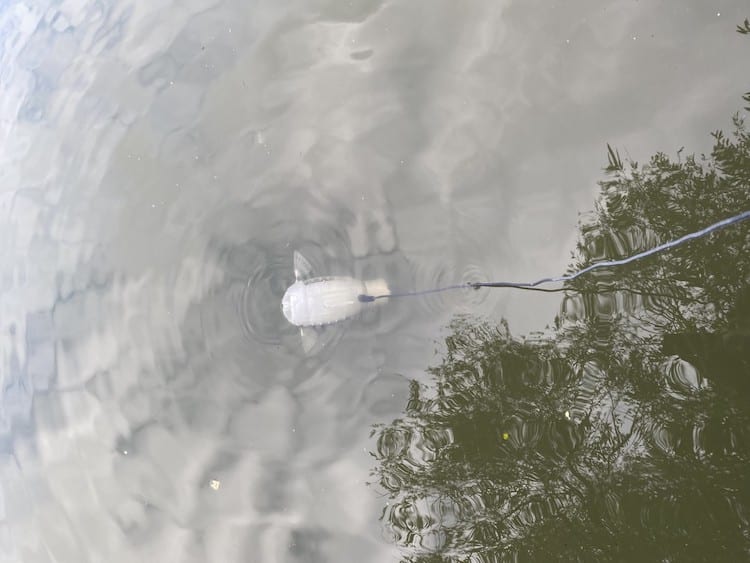
Check out some of the other stand-out designs from the 2022 Natural Robotics Contest.
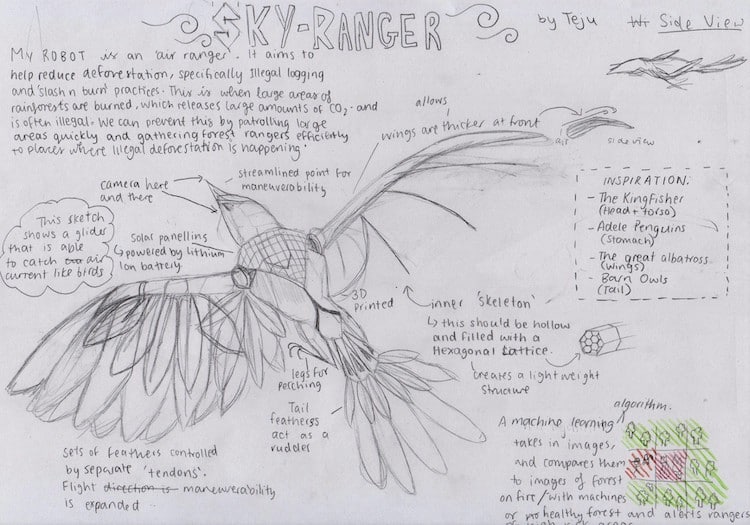
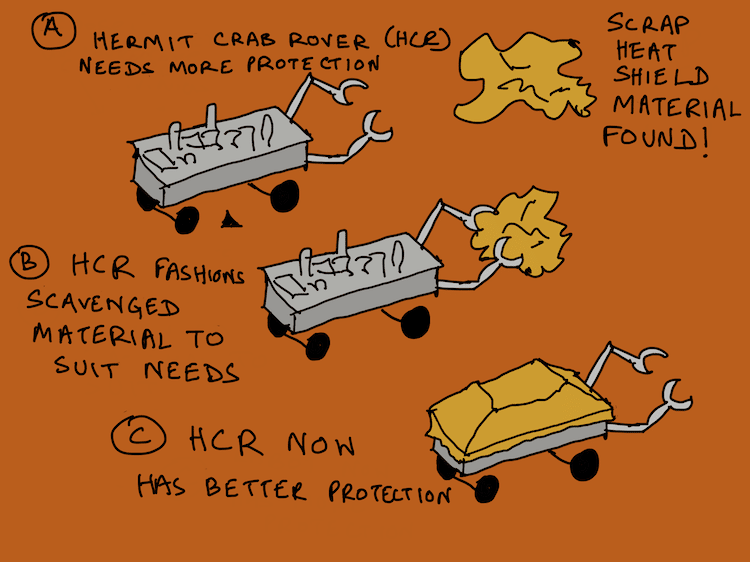
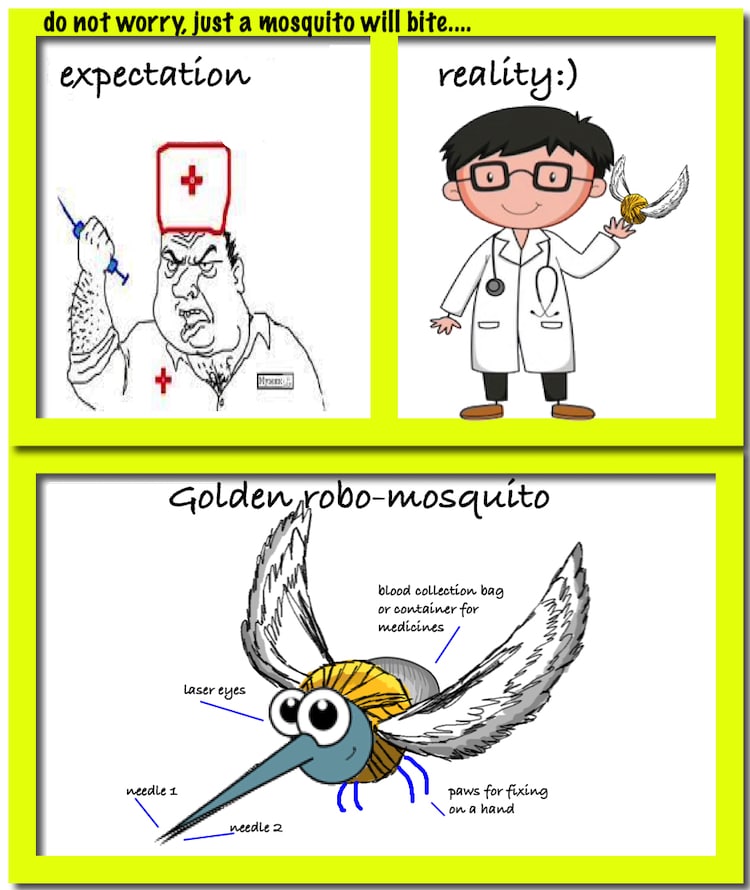
Natural Robotics Contest: Website
h/t: [designboom]
All images via the Natural Robotics Contest.
Related Articles:
Scientists Create 3D-Printed Terra Cotta Tiles to Encourage Coral Reef Growth
Engineers Develop Enzyme That Can Break Down Plastic in a Matter of Hours
Chicago Has Launched a Trash-Eating River Robot That Anyone Can Pilot Remotely
Kenyan Materials Engineer Recycles Plastic Into Bricks That Are Stronger Than Concrete











































































